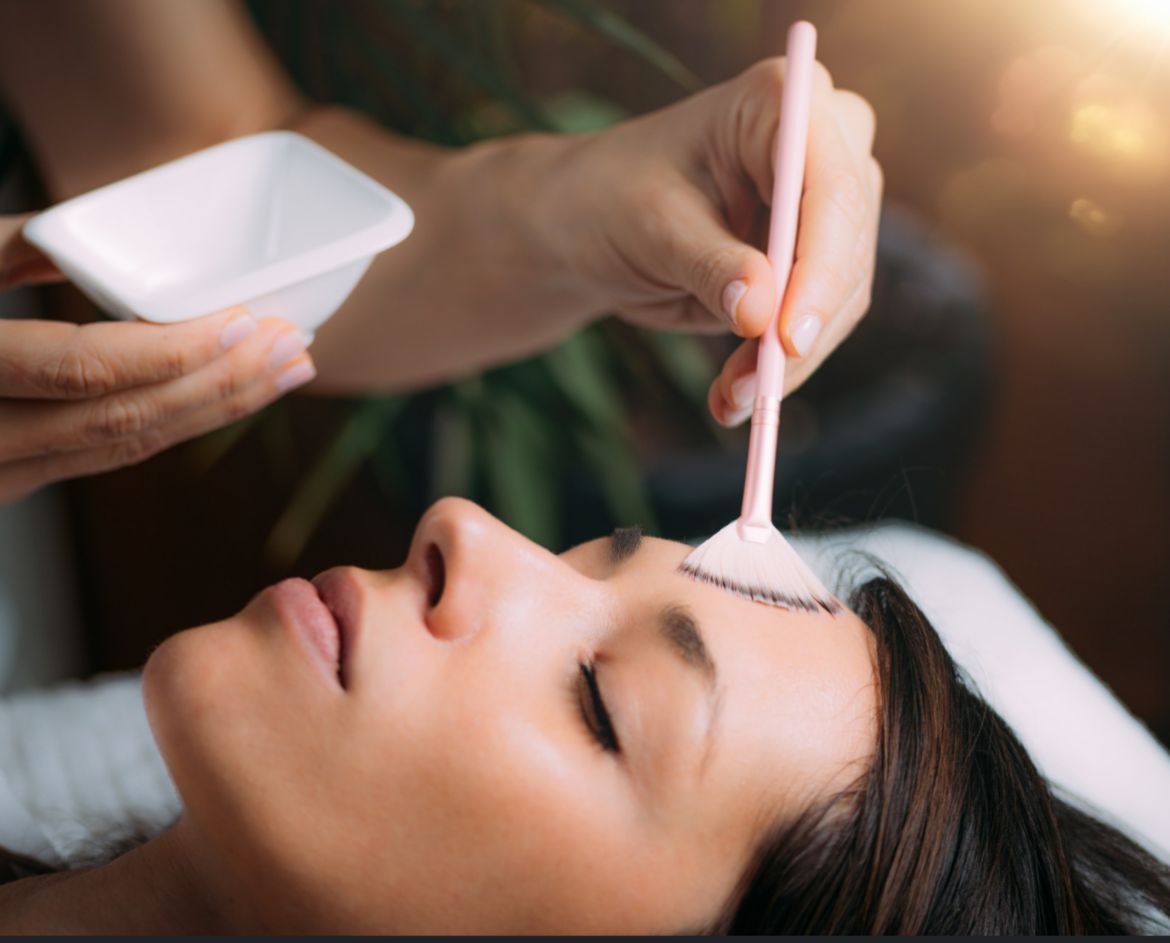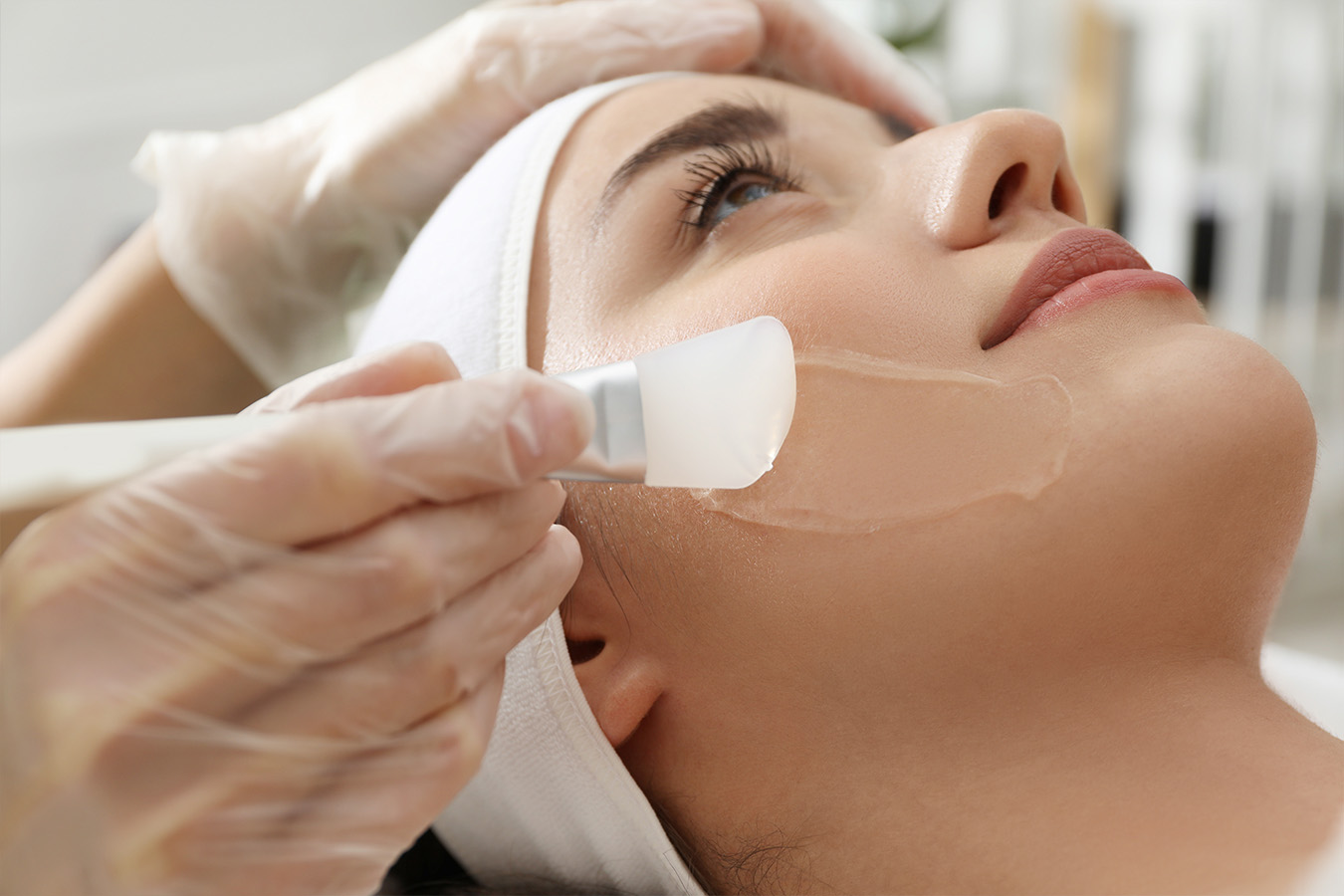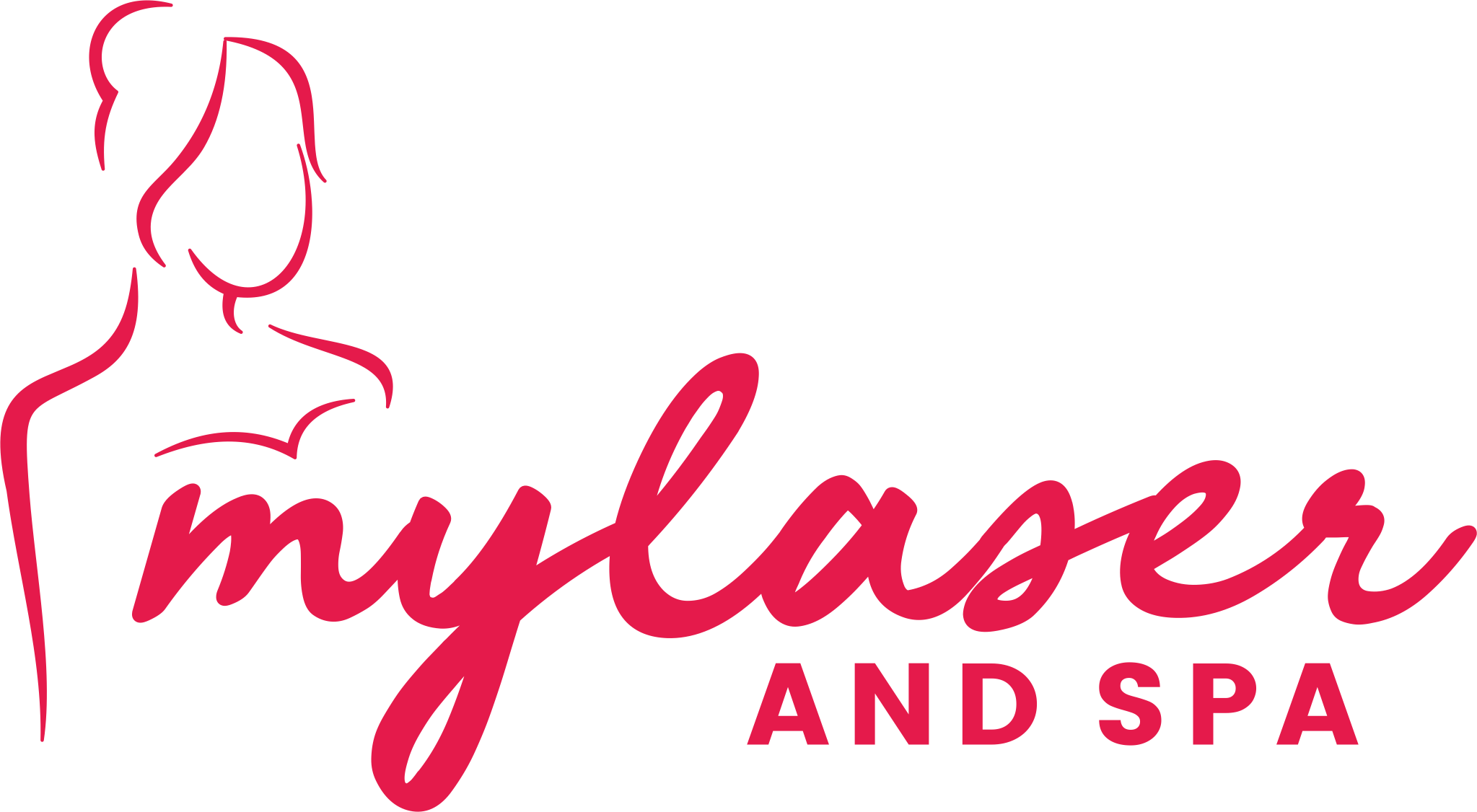Anti Aging Facial

Anti-Aging Facial?
An anti-aging facial is a skincare treatment designed to slow down the aging process, reduce the appearance of wrinkles and fine lines, and promote a youthful, glowing complexion. It typically involves deep cleansing, exfoliation, hydration, and targeted treatments like serums, masks, and massage to improve skin elasticity and firmness.
How Does an Anti-Aging Facial Work?
- Cleansing: Removes dirt, oil, and impurities from the skin.
- Exfoliation: Uses physical scrubs, chemical peels, or enzyme-based products to remove dead skin cells and stimulate new cell growth.
- Steaming & Extraction (Optional): Opens pores and removes blackheads or whiteheads.
- Facial Massage: Boosts blood circulation and collagen production, improving skin elasticity.
- Serum or Active Treatment: Uses ingredients like hyaluronic acid, retinol, peptides, or vitamin C to target aging signs.
- Mask Application: Hydrating, firming, or collagen-boosting masks help nourish the skin.
- Moisturization & Sunscreen: Finishes with a moisturizer to lock in hydration and SPF to protect against UV damage.


Benefits of an Anti-Aging Facial
Reduces Wrinkles & Fine Lines: Stimulates collagen production for firmer skin.
Improves Skin Hydration: Keeps skin plump and youthful.
Enhances Skin Elasticity: Promotes a firmer, lifted appearance.
Brightens Skin Tone: Reduces dullness, age spots, and hyperpigmentation.
Boosts Blood Circulation: Encourages cell regeneration for a healthier complexion.
Who Should Avoid Anti-Aging Facials?
- People with active acne, open wounds, or infections.
- Those with extremely sensitive skin or rosacea, as some treatments may be too harsh.
- Individuals using strong retinoids or exfoliants, which can make the skin more sensitive.

How Often Should You Get an Anti-Aging Facial?
- Every 4-6 weeks for long-term results.
- More frequent sessions (bi-weekly) if using gentler hydrating facials.
- Less frequent (every 2-3 months) for deeper treatments like chemical peels or microneedling.
